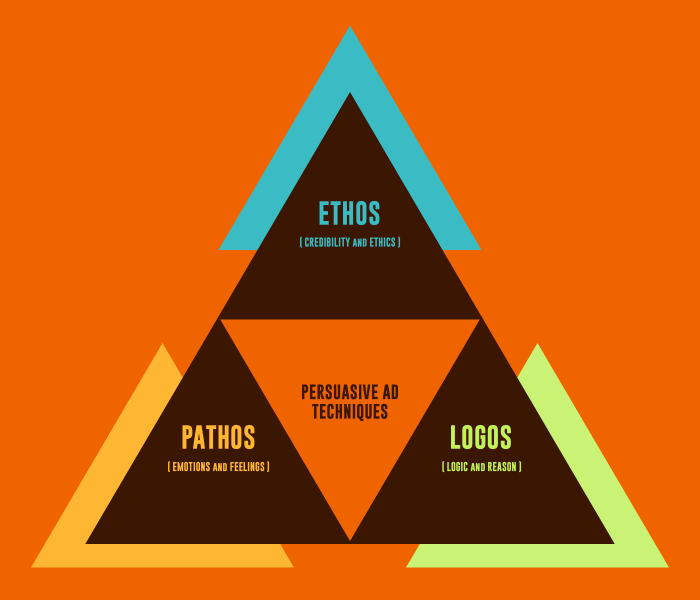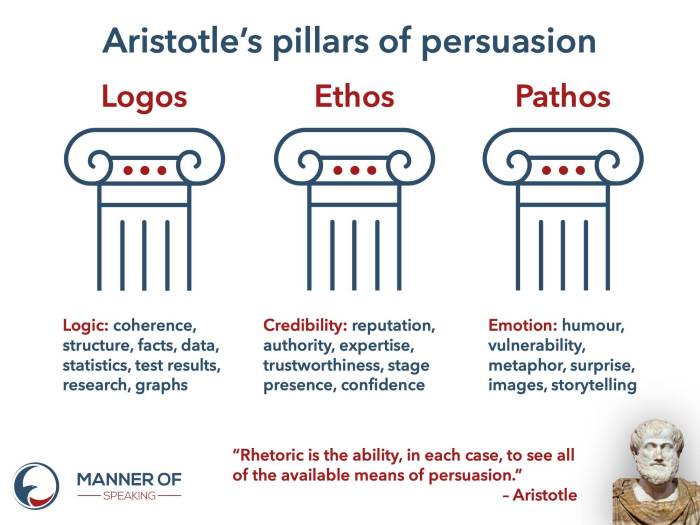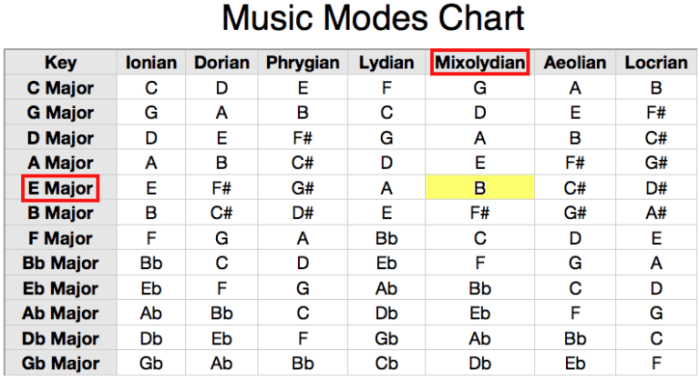In greek music what was the doctrine of ethos – In Greek music, the doctrine of ethos held immense significance, influencing the categorization, description, and application of musical modes. This doctrine, rooted in ancient Greek philosophy and literature, established a connection between music and emotions, guiding the choice of music for specific occasions and performances.
The historical origins of ethos in Greek music can be traced back to the teachings of Pythagoras and Plato, who believed that music possessed the power to shape character and emotions. These ideas were further developed by later philosophers and musicians, leading to the establishment of a system of musical modes, each associated with a specific ethos.
Doctrine of Ethos in Greek Music
The doctrine of ethos in Greek music refers to the belief that different musical modes possess specific ethical and emotional qualities. This doctrine played a significant role in shaping the development and performance of Greek music throughout history.
Concept of Ethos and Its Significance
The term “ethos” in Greek means “character” or “disposition.” In the context of music, ethos refers to the ethical or emotional effect that a particular musical mode is believed to have on the listener. Ancient Greek philosophers and musicians believed that different modes could evoke different emotions and moral states.
Categorization of Musical Modes
Greek music was typically organized into a system of musical modes known as “harmoniai.” Each mode was associated with a specific ethos. The most common modes were:
- Dorian: Ethos of stability, dignity, and temperance
- Phrygian: Ethos of passion, excitement, and enthusiasm
- Lydian: Ethos of gaiety, sensuality, and indulgence
- Mixolydian: Ethos of joy, festivity, and merriment
Influence on Musical Occasions and Performances, In greek music what was the doctrine of ethos
The doctrine of ethos influenced the choice of music for specific occasions or performances. For example, Dorian mode was considered suitable for religious ceremonies and solemn occasions, while Phrygian mode was often used in war songs and dramatic performances.
Historical Origins and Influences
Roots in Ancient Greek Philosophy
The doctrine of ethos in Greek music has its roots in ancient Greek philosophy. Philosophers such as Plato and Aristotle believed that music had a profound impact on human character and behavior. They argued that different musical modes could either promote or inhibit certain virtues and vices.
Influence of Literature
Greek literature also played a role in shaping the doctrine of ethos. The works of poets such as Homer and Hesiod often contained references to the emotional effects of different musical modes.
Influence of Other Musical Traditions
The doctrine of ethos in Greek music was also influenced by other musical traditions, such as those from Egypt and Mesopotamia. These cultures believed that music had a magical or therapeutic power and that different musical modes could be used to heal the sick or alter consciousness.
Practical Applications of Ethos

Guiding Musical Performances and Compositions
The doctrine of ethos was used to guide musical performances and compositions. Musicians would choose the appropriate mode based on the desired emotional effect they wanted to create. For example, a composer might choose Dorian mode for a piece intended to inspire feelings of solemnity or reverence.
Creating Emotional Responses
The doctrine of ethos also played a role in creating specific emotional responses or effects in listeners. For example, Phrygian mode was believed to evoke feelings of passion and excitement, while Lydian mode was thought to promote a sense of gaiety and indulgence.
Application in Different Musical Genres
The doctrine of ethos was applied in different musical genres, including tragedy, comedy, and religious ceremonies. In tragedy, for example, Dorian mode was often used to create a sense of solemnity and grandeur, while Phrygian mode was employed to evoke feelings of passion and conflict.
Ethos in Contemporary Music

Legacy of Ethos
The doctrine of ethos has had a lasting impact on Western music. Many of the musical modes and principles developed by the ancient Greeks are still used in contemporary music today.
Adaptation and Reinterpretation
In contemporary music, the concept of ethos has been adapted and reinterpreted in various ways. Some composers and performers use traditional Greek modes to evoke a sense of authenticity or historical connection. Others experiment with new and innovative ways to create specific emotional effects through music.
Influence on Contemporary Composers and Performers
The doctrine of ethos continues to influence contemporary composers and performers. Many musicians believe that music has the power to shape human emotions and behavior, and they use their art to create music that is both emotionally resonant and ethically responsible.
Ethos and Cultural Identity: In Greek Music What Was The Doctrine Of Ethos

Connection between Ethos and Cultural Identity
The doctrine of ethos is closely connected to cultural identity in Greek music. Different regions and ethnic groups have developed their own unique musical traditions, each with its own set of ethos-based practices.
Shaping Musical Traditions
The doctrine of ethos has shaped the musical traditions of different regions and ethnic groups. For example, the Dorian mode is strongly associated with traditional Greek folk music, while the Phrygian mode is commonly used in the music of the Middle East.
Preserving Cultural Heritage
The doctrine of ethos plays a role in preserving and transmitting cultural heritage. By maintaining traditional musical modes and practices, musicians can help to preserve the unique cultural identity of their communities.
FAQ Section
What is the doctrine of ethos?
The doctrine of ethos is a theory in Greek music that establishes a connection between music and emotions, categorizing musical modes based on their perceived emotional effects.
How was ethos used in Greek music?
Ethos was used to guide the choice of music for specific occasions and performances, with different musical modes being associated with different emotional responses.
What is the historical significance of ethos in Greek music?
The doctrine of ethos has its roots in ancient Greek philosophy and literature, with Pythagoras and Plato being key figures in its development.
